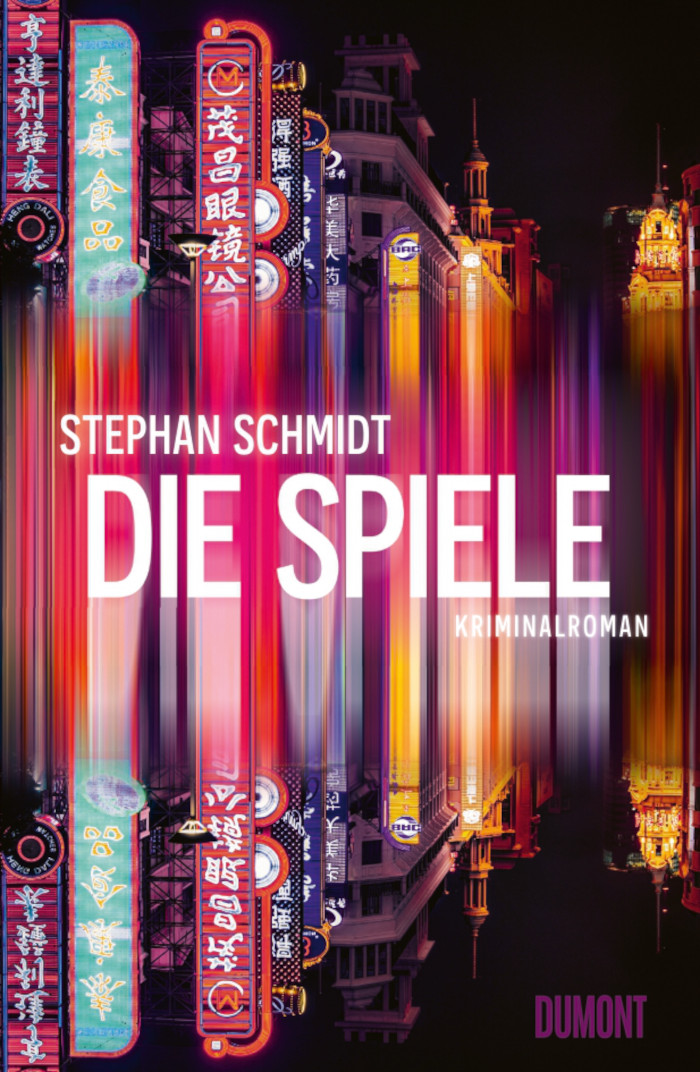
author
Stephan Schmidt
Stephan Schmidt was born in Biedenkopf, Hesse, in 1972. As a student, he was already drawn to China, Taiwan and Japan, spending a year in each place. After completing a doctorate in philosophy, he spent a longer period working at various research institutions in Taipei. It was there that he wrote his debut novel „Grenzgang,” published in 2009 under the nom de plume Stephan Thome. It won the aspekte literature prize for the year’s best debut, was made into a film by ARD, made the SPIEGEL bestseller list, and – like three of his five novels to date – was shortlisted for the German Book Prize. Stephan Schmidt lives with his Taiwanese wife in Taipei, where he is currently working on a nonfiction book about the conflict between China and Taiwan.
© Niklas Berg

Latest book
Die Spiele – The Games
Dumont
September 2021: The International Olympic Committee meets in Shanghai to award the 2032 Summer Games. Shortly before the decisive vote, Mozambican IOC official Charles Murandi is found murdered in his hotel room. Security camera footage shows that journalist Thomas Gärtner was the last person in the victim’s room and was carrying unknown documents when he left; however, when questioned, he claims to have no recollection of this. This is an explosive case for the young consular official Lena Hechfellner: she knows about Gärtner’s acquaintance with Murandi and believes she knows what is in the documents, but no one is allowed to find out. As a result, everyone involved becomes a pawn in a game whose rules they don’t know. The German Chancellor fears the worst, a second journalist senses his big chance, and Lena herself is suddenly targeted by the Chinese authorities. Only gradually does it become clear that the key to solving the case lies deep in the past: in a time when a contract worker in the GDR was cheated out of his future.
